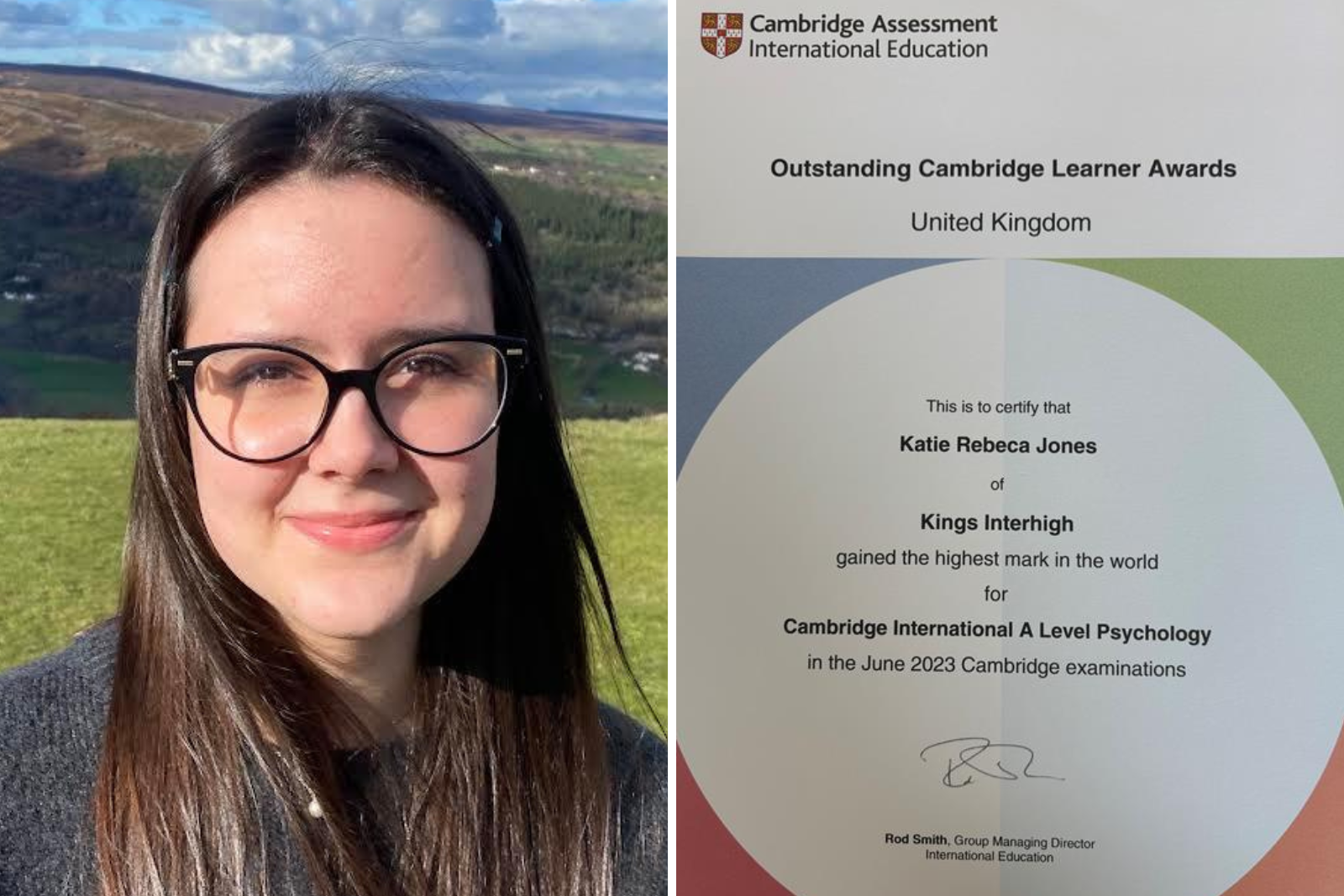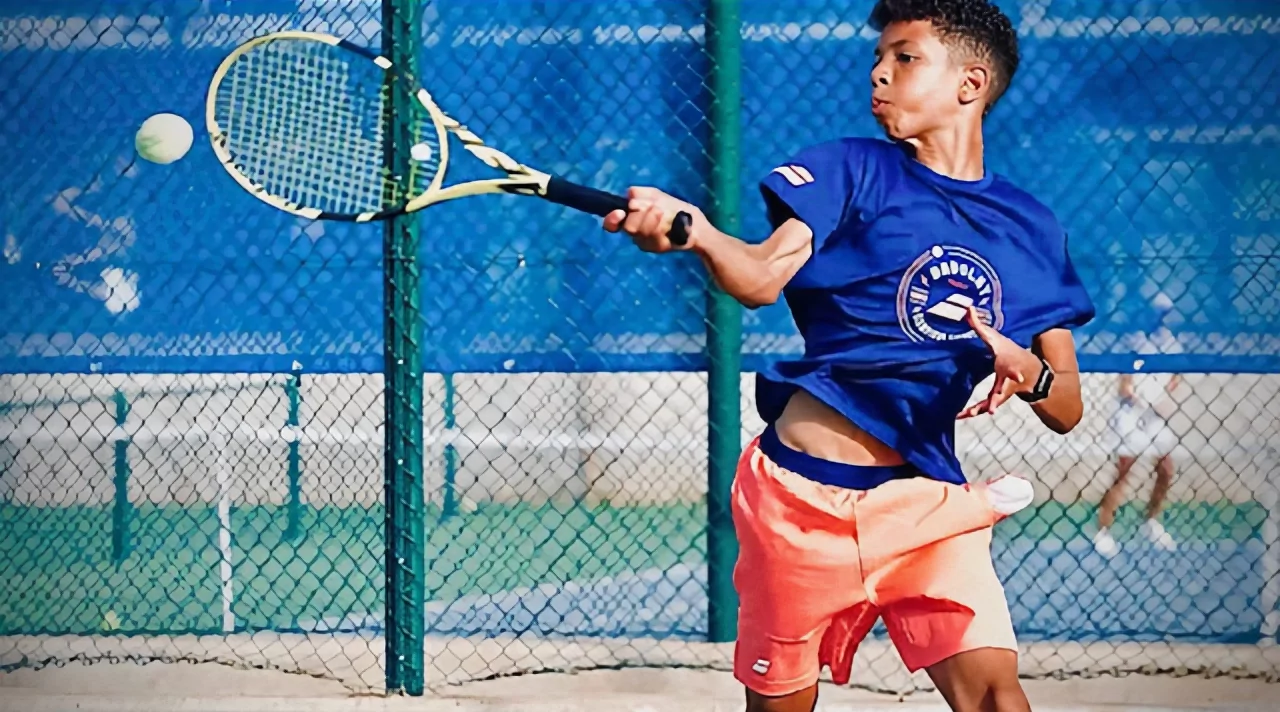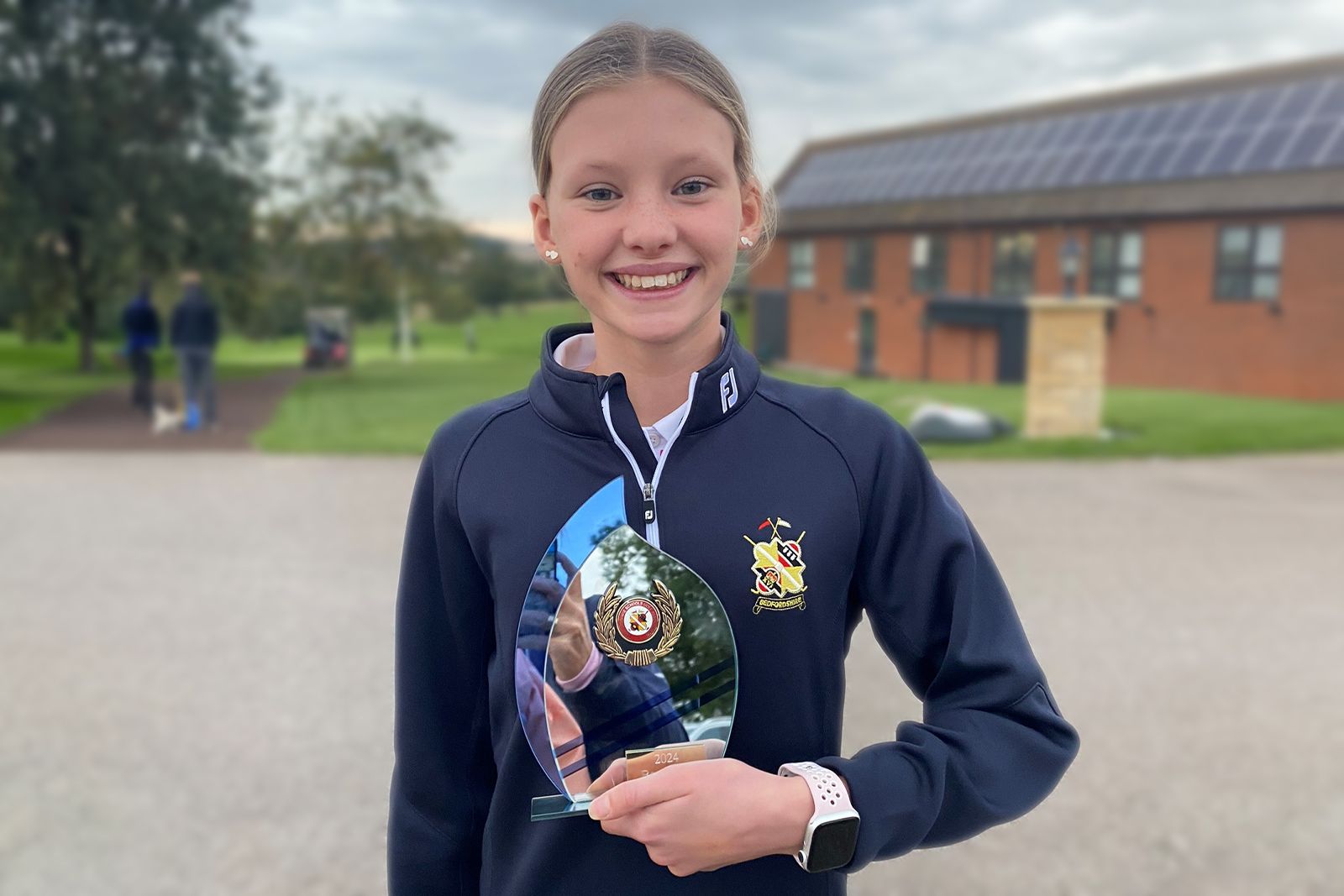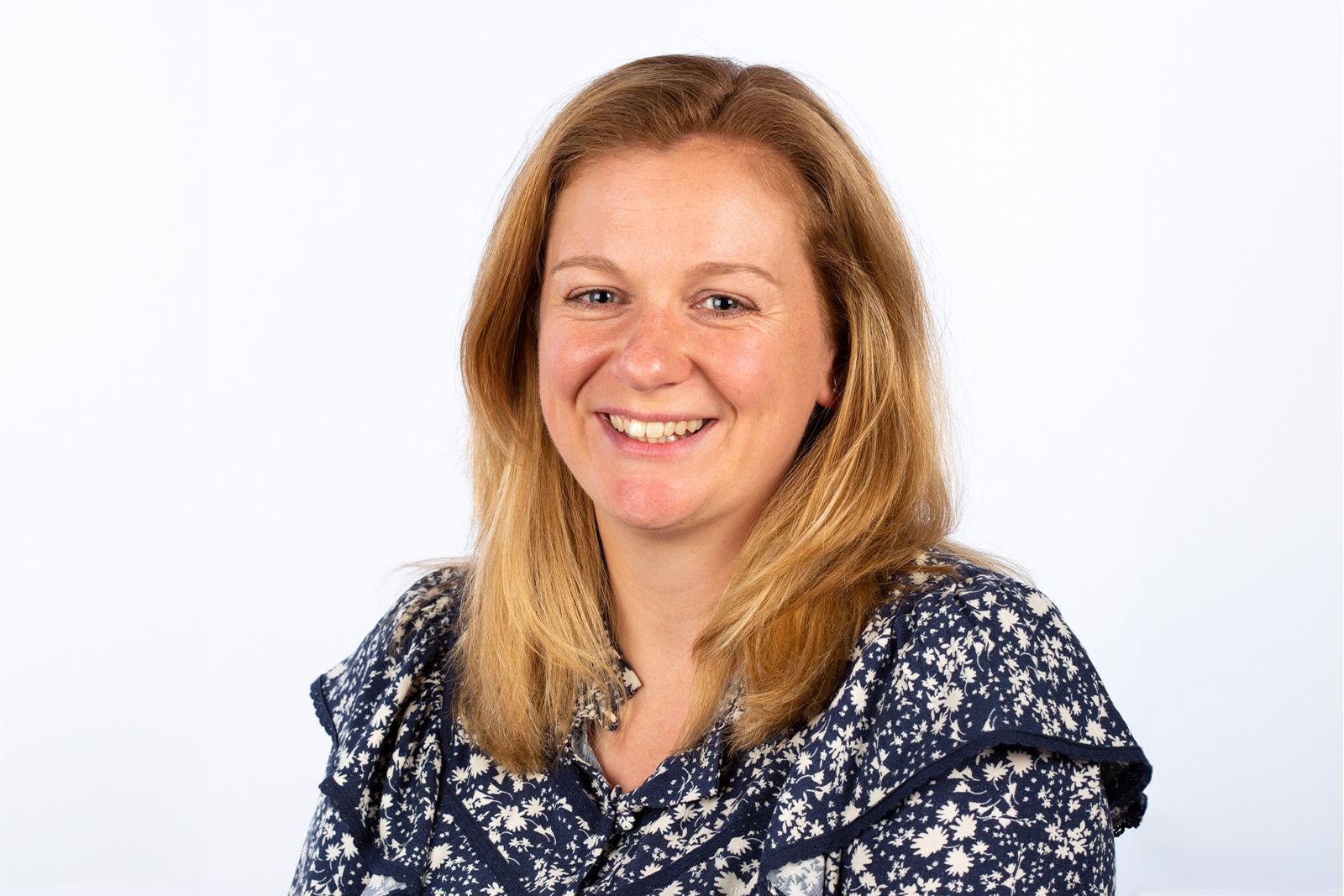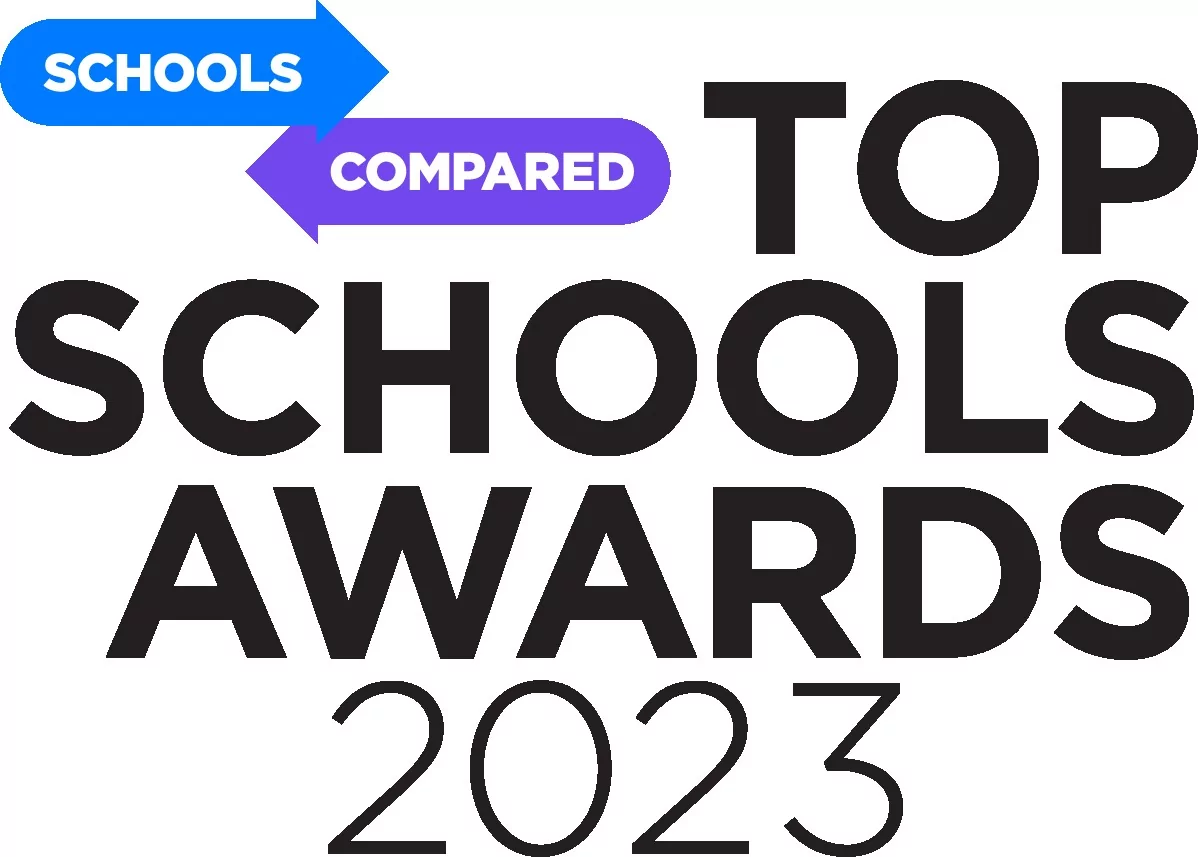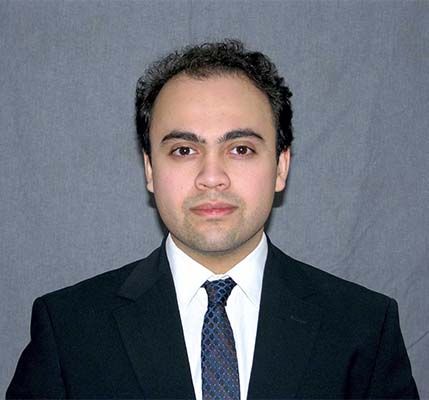
Story/Interview May 25, 2021
Kieran Bjergstrom
For alumnus, Kieran Bjergstrom, his father often travelled for business and would bring Kieran with him to help develop an international perspective. Due to a need for more flexible education options, and Kieran finding school unengaging despite being academically capable, the family believed King's InterHigh could address both issues.
"At King's InterHigh, my academic skills were allowed to develop ahead of the usual pace, which would have been unfeasible in an ordinary school."
What was/were the reason(s) you joined King's InterHigh?
My Father travelled a lot for business, and he preferred I went with him to develop an international perspective. Furthermore, as a child I had found school unengaging, and whilst being academically capable despite this, it was difficult to keep me interested given the amount of wasted time in a normal school day. He thought King’s Interhigh could address both these issues.
What did you enjoy the most about learning in a virtual environment?
Flexibility of location. More time was spent on learning, and less on ancillary activities (the ‘school day’). Learning disruptions due to a ‘busy’ classroom environment didn’t exist, one could always focus and get on with work.
What skills did you learn along the way?
My academic skills were allowed to develop ahead of the usual pace, whilst at King’s Interhigh I skipped 3 academic years, which would have been unfeasible in an ordinary school (and rather discouraged).
I developed strong self-study skills, which I expect exceed those developed conventionally, due to the need for independent work on top of lessons (seeing the schedule on the website this is an aspect of King’s Interhigh that has changed, when I was studying there were only 2 hours of lessons a day, from 09:00-11:00). This also developed skills associated with independent research, finding areas in which one is interested, and then developing a deep understanding in them.
One develops strong written communication skills, and online/distance communications – which are quite ordinary now, but in 2004 were not. I think you also become confident in introducing yourself and building interpersonal relationships on limited shared experience; realistically you are not, as you would in a physical school, actively doing things with your peers, yet you still find ways to build relationships.
Did you notice a difference in the way King's InterHigh teachers engage with students in comparison to those working in a mainstream physical classroom?
Yes. Significantly smaller class sizes meant there was the opportunity for more individual engagement. This also meant that lessons and the syllabus was more flexible, optional module choices were the choice of the class not something pre-determined, lessons were dynamic and responded well to student need. One-to-one feedback was consistently available. The lack of disruptive elements also meant that lessons were uninterrupted; combined with a generally good standard of pedagogy this resulted in efficient learning. This was very important to me, as a student who was always very bored by lessons due to how unchallenging they were.
Please share one of your favourite moments during your time at the school?
For IGCSE English we read The Importance of Being Earnest as a class play, which was different to other learning done at King’s Interhigh, and also a lot of fun. We each had permanent characters, and over the course of the lessons got into playing our roles when we read the play aloud. It was not only entertaining, but a good social activity that brought some students out of their shells, and provided a common experience on which to build friendships.
Do you think more children could benefit from this way of learning?
Online learning can be freeing for the academically ahead, providing ample time to explore one’s interests, and efficiently covering exam learning. In my view the conventional school system does a lot to suppress intellectual front-runners, and normalise their abilities to that of their peers. King’s Interhigh did the opposite.
What would you say to other students who may never have considered a virtual environment?
It can be significantly more effective and more time efficient than a conventional classroom, the flexibility opens up opportunities for international travel and other lifestyles, and there is a trade-off in skills developed; one does not develop less, but there are differences. It also requires active, supportive, parenting, and is best suited to students who are able to handle independent learning, and willing to take some responsibility for their personal development.
Do you think virtual lessons should be more commonplace, if so, why?
Given the level of uptake in the UK, I do think they should be more commonplace – however, I don’t have the perspective to comment on how common they should be. I do think that the option should be in the mind of parents, and they should make a conscious, informed, decision regarding it – much as they might for public schools or boarding schools. I am interested in seeing how this develops in view of a likely permanent change to the way we work, with a stronger WFH culture. This means that a whole family is less location bound, and being able to access high-quality British education internationally is important.
After leaving King's InterHigh what route did you take?
Following King’s Interhigh I did the IB (this was before King’s Interhigh offered A-Levels or equivalent education), and then went on to study Theoretical Physics at university. After this I completed a PhD in Quantum Physics and Business, and now run a Quantum and Emerging Technologies consultancy company, that combines technical acumen with business and market knowledge. Overall, I developed the spirit of pursuing my interests with a view to success whilst at King’s Interhigh, and I have applied this mentality since. Combined with the ability to self-motivate, it has enabled me to convert my interests into a feasible business and combine career success with interest and intellectual challenge. It has also given me an edge in terms of age, because I could skip years whilst at King’s Interhigh I started University at 15, had my Masters’ at 19, and my PhD at 24. This gives one a real head start.
What are you doing now?
Working too much!
What are your career aspirations and do you feel like you got the right support to help them achieve those goals too?
I intend to grow my business significantly, and develop a stronger investment advisory offering. In the long term, I would like to move towards high/emerching-tech investment and fund management. My interest is in enabling paths to realisation – both fiscal and strategic – for societally significant technology, my current business in the Quantum Technologies domain is a step towards this.





